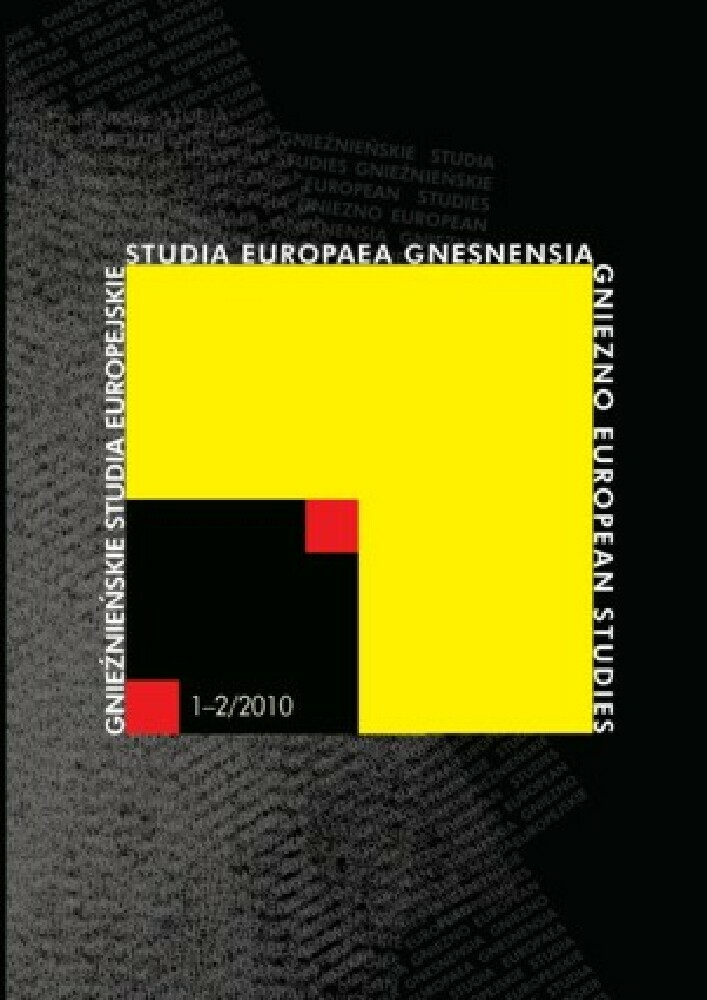Abstract
Th e paper discusses three grand personalities of antiquity: Cicero, Ovid and Seneca in the circumstances of their exile, Th eir attitudes to the punishment received (whose severity varied) were diverse. Nevertheless, all they left a trace in the shape of literary works and letters. Upon reading, one discovers ambiguous attitudes towards their personal misfortunes. Finally, the situation of the exiles and their return may be compared with the archetypal fi gure of Odysseus.
References
Abramowska J., [w:]Odys współczesny, [w:] Topika antyczna w literaturze polskiej XX wieku, Wrocław–Warszawa–Kraków 1991, s. 39–52.
Bricmont J., Modne bzdury. O nadużyciach nauki popełnionych przez postmodernistycznych intelektualistów, Warszawa 2004.
Dziedzictwo Odyseusza. Podróż, obcość, identyfikacja, przestrzeń, M. Cieśla-Korytowska M., i Płaszczewska O., (red.), Kraków 2007.
Kaczyńska E., Wizerunek Kreteńczyków w twórczości Kallimacha z Cyreny, Meander 55, 2000, s. 513–516.
Kumaniecki K., Literatura rzymska. Okres cyceroński, Warszawa 1959.
Piętka R., Terminus. Rzym jako symbol trwałości i przemijania, Symbolae Philologorum Posnaniensium, XV, s. 105–126.
Święch J., Wygnanie. Prolegomena do tematu, [w:] Narracja i tożsamość. Antropologiczne problemy literatury, Warszawa 2004, s. 110–125.
Wesołowska E., Animus liber, czyli Seneka na Korsyce, Symbolae Philologorum Posnaniensium XIII, 2000, s. 59–66.
Wesołowska E., Odysseus Between Lie and Truth, Aufidus 64, 2009, s. 7–15
Wesołowska E., Rzymska literatura wygnańcza 1, Cyceron i Seneka, Poznań 2003.
Wójcik A., Rzymska literatura wygnańcza 2, Owidiusz. Poezje znad Morza Czarnego, Poznań 2003.
License
Copyright © 2010 by IKE and PTPN
